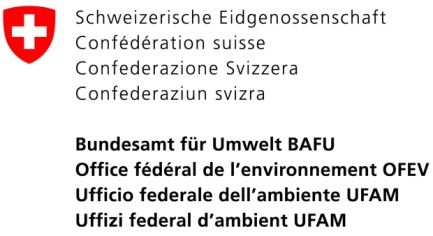Accounting for Land Use and Forestry
Approaches to Accounting for Land Use and Forestry: Options and Elements for a Framework for Accounting in the Post-2020 Climate Regime.
In this study, Terraprima proposes and explores ways to integrate and record the sector of land use and forestry in the future climate agreement to be concluded under the Climate Change Convention in 2015.
The Land Use, Land Use Change and Forestry sector (LULUCF) is widely recognized as having great potential for mitigation actions, both in terms of sequestering carbon dioxide and as a reduction in emissions of carbon dioxide, methane and nitrous oxide.
This sector can also be instrumental in energy substitution (biomass and liquid biofuels) and more energy intensive materials. It is also a sector that will be especially affected by climate change and is under intense pressure to produce enormous quantities of food, fibre and energy to meet the world's growing population.
In the recent past this was undoubtedly one of the sectors where it was more difficult to reach an agreement in negotiations in the Marrakech Accords under the Kyoto Protocol. This resulted in two sets of "problems": (1) consideration of the sector only at the end of the negotiation process, (2) the complexity of the sector and its differences with respect to other sectors.







